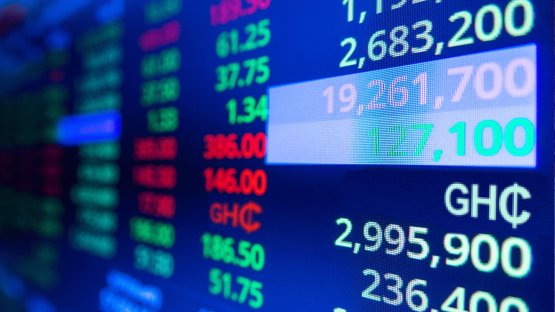At first, farms grew a large variety of foods depending on their location. As the human population approaches 10 billion people by 2050 according to a United Nations report launched on 17th June, 2019, agriculture is poised to continue to grow to meet the demand for food.
As food production increases, so does the reliance on global trade which brings us to the subject of commodity trading.
Commodities trading, especially agricultural commodities, impacts lower-income people around the world, who spend more of their limited income primarily on food.
Commodity trading has a very close resemblance to stock trading and usually confuses a lot of individuals. The biggest difference is the type of asset that is traded. Commodity trading focuses on purchasing and trading of commodities like cocoa, coffee, soyabean, maize, barley, etc as opposed to the purchase of company shares which is the case in stock trading.
Like stocks, commodities are traded on exchanges also, where there is purchase or sale of products taking into consideration the fluctuation of market prices or simple rule of demand and supply.
Trade of agricultural commodities plays a big role in a nation’s revenue translating into development. Developing countries still rely largely on agricultural exports for national revenue. Economic development is tied to a country’s agriculture sector and when trade, national revenue, and employment are combined in a positive way, a country enjoys reduced poverty and boosted economic growth.
Agricultural commodity trading drives innovation in technology. A classic example where trade of commodities influences technological innovation is the creation of an avenue where commodities are traded electronically without the physical presence of trade parties as seen with the Ghana Commodity Exchange.
The commodity exchange provides an electronically centralized and regulated marketplace where commodity producers can sell their commodities to those who want to use them for manufacturing or consumption. For scientists and tech companies, agribusiness is one of the most fascinating and productive fields to work in.
Agricultural commodities are important to international trade. Agricultural produce and materials sourced from agricultural production make up a huge portion of what’s traded internationally. Trading of agricultural commodities is considered as a key driver and the way forward for the structural transformation of African economies.
It is necessary if Africa is to reduce poverty, to industrialize, develop intra-regional trade, strengthen capacities to benefit from globalization. As mentioned at the handing over of the AfCFTA secretariat in August 2020, the President of the Republic of Ghana, H.E. Nana Addo Dankwa Akufo-Addo, highlighted that “Africa’s prosperity depends largely on intra-African trade. Increase in trade is the surest way to deepen regional integration in Africa.” This statement emphasizes the importance of commodity trading since Africa is a continent rich in diverse commodities. And in order to reduce vulnerability in fluctuating overseas markets, mobilise and maximise scarce resources of capital and skills, and achieve an effective African unity, both politically and economically, the existence of a structured market is important hence the establishment of the Ghana Commodity Exchange to transform African economies by creating prosperity for all in the commodity value chains, and to become a regional and global trading hub for all commodities.
By trading through a structured market like the Ghana Commodity Exchange, sellers mostly comprising of farmers will be able to sell their commodity by weight and grade, and have packaging that appeals to markets; they will have access to financial markets through the electronic warehouse receipts system where they have access to affordable finance using their commodity the only assets they have as collateral.
Sellers are linked to a network where they can easily find buyers and reduce their marketing and transaction cost. Access to price information is assured and will enhance their selling decisions. They will receive prompt payment amongst other things which they would otherwise not have access to. For buyers (agro processors, poultry farmers, consumers, exporters, etc.), their purchases through the Exchange are guaranteed for quality that meets international standards and volume and timely delivery is assured.
It is worth noting that, the importance of commodity trading cannot be overlooked and as such the sure way of maximizing benefit is to undertake commodity trading through a structured commodity trading system such as the Ghana Commodity Exchange.
The writer works with Ghana Commodity Exchange










